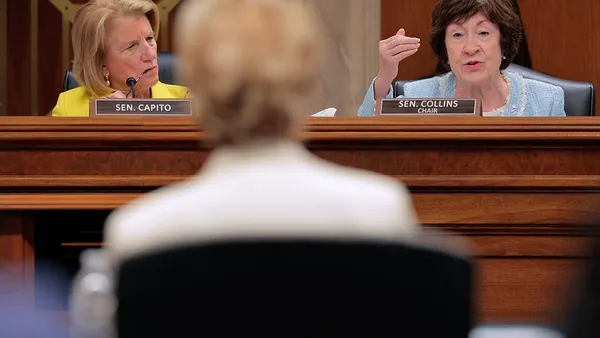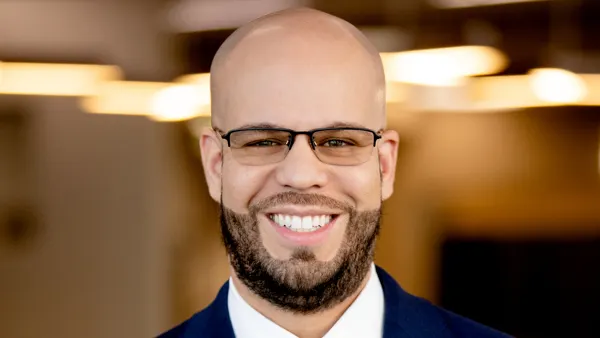Dive Brief:
-
Black men have a "calling" to the teaching profession that is rooted in wanting to help Black boys navigate life, said Sharif El-Mekki, founder and CEO of of the Center for Black Educator Development, during a panel discussion Wednesday on the Black male educator experience.
-
Yet despite the importance of Black educator representation for Black students and their academic success, Black educators report taking on more responsibility — due to their race — for roles such as "school liaisons" to families or color and disciplining students of color, according to a new report from panel host DonorsChoose, a nonprofit through which private donors support teacher-posted classroom projects.
-
The result is an "invisible tax" on Black educators and points to a need for increased and ongoing professional development for all teachers, said Travis Bristol, associate professor at the University of California, Berkeley's Graduate School of Education, during the panel discussion.
Dive Insight:
The DonorsChoose report found that, compared to their counterparts, Black male educators spend more hours counseling students outside of regular class time: While Black male teachers spend an average of 5.4 hours on this per week, White male educators spend 2.5 hours.
Moreover, the report found Black teachers three times more likely than other teachers of color to say they were expected to discipline students of color and about twice as likely to report being expected to do extra mentoring of students of color. Some said they are also expected to teach colleagues about racism and to teach students about racism.
The results are based on 5,000 responses to a DonorsChoose survey of educators conducted November 2021 to January 2022 across all demographics, including 32% who were male teachers of color. Participants got $300 in DonorsChoose credits for responding.
The DonorsChoose findings come as a separate paper from the American Educational Research Association found "teacher education programs are, in fact, structured for teacher educators of color to experience racial stress and harm."
Teachers of color are often "hired to teach race and racism among race-evasive colleagues and predominantly white students that are enabled to protect and leverage their whiteness," according to the paper written by Rita Kohli, assistant professor of race, teaching and teacher education at the University of California, Riverside, and Marcos Pizarro, professor of Chicanx Studies and associate dean of the College of Education at San Jose State University.
However, while many Black men view teaching as social justice work, this can sometimes result in burnout because of uneven distribution of work between Black teachers and their non-Black counterparts, speakers on the DonorsChoose panel said. This can eventually become a "double-edged sword," Bristol told the panel discussion.
"We aren't providing ongoing professional development for [non-Black] teachers to see Black and brown children not as other people's children, but as their children," Bristol said. This responsibility is instead "outsourced" to Black teachers, he said.
Schools should take into account that positive racial identity development is also "critical" in the classroom as it will pass onto the future teacher workforce, El-Mekki said.
"Black teachers in particular, they come to this work because they see it as a calling," he said, but often they become the sole ones teaching, disciplining and counseling Black students. "I think that what we should be thinking about is: How do we support all teachers to support all children so that they're not other people's children?"













